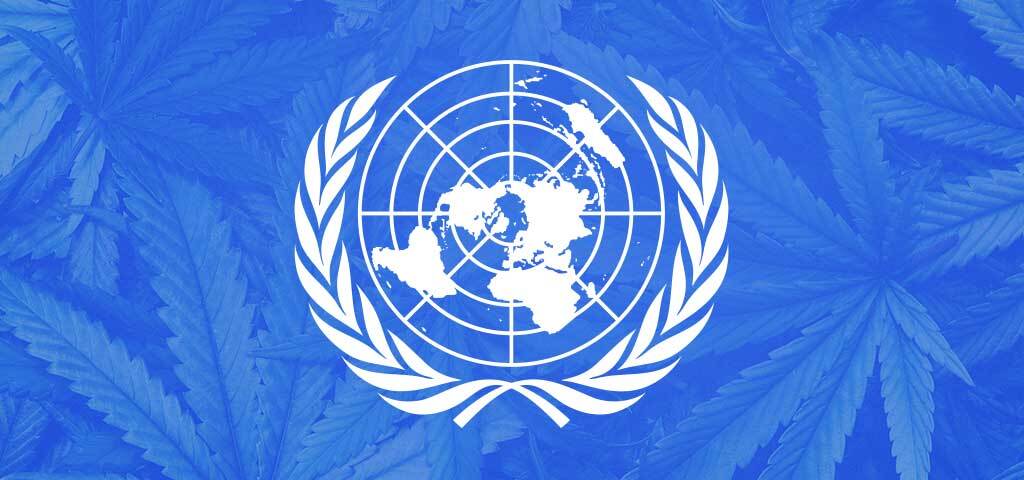The United Nations Commission for Narcotic Drugs has voted to reclassify the status of cannabis under the Union’s 1961 Single Convention on Narcotic Drugs, which will give member states more room to reconsider their own cannabis laws.
UN Commission Votes to Reschedule Cannabis

Full story continued below.
Advertisement
The United Nations Commission for Narcotic Drugs has voted to reclassify cannabis’ status under the 1961 Single Convention on Narcotic Drugs and remove medical cannabis from Schedule IV, the New York Times reports.
The decision will not have an immediate impact on loosening international controls over cannabis criminalization, but the recognition could lead U.N. member states to reconsider how cannabis is classified under their own drug laws.
The move was favored by the U.S. and most European nations but was opposed by China, Egypt, Nigeria, Pakistan, and Russia.
A 2018 report by the International Drug Policy Consortium found that the U.N.’s “war on drugs” has not reduced the rates of drug use but has negatively affected human rights, health, security, and development around the world. Specifically, the report argues that the last decade of drug law enforcement led to heightened violence against police and civilians and the mass incarceration of otherwise innocent people.
A 2017 report from the U.N. International Narcotics Control Board pointed out that nations that have allowed cannabis legalization or relaxed cannabis laws – including the U.S., Uruguay, the Netherlands, Jamaica, and Canada – were in violation of international treaties. That same year the U.N. and World Health Organization called for reviewing the laws for drug possession or personal use.
Last year, the W.H.O. recommended that cannabis and THC be rescheduled from Schedule IV – akin to heroin – and added to Schedule I, while removing CBD from the schedule entirely.
Get daily news insights in your inbox. Subscribe
End
